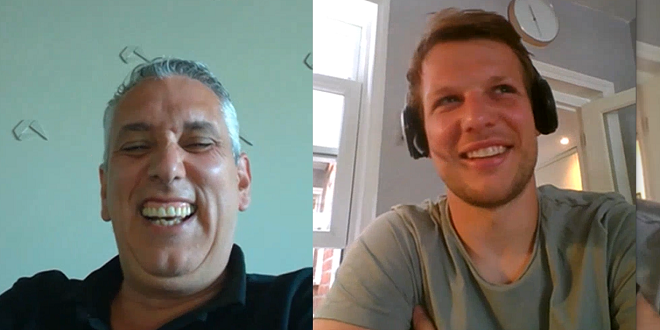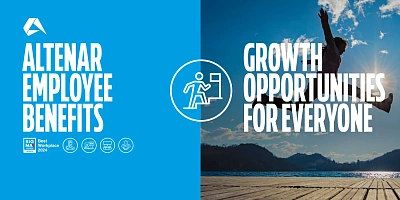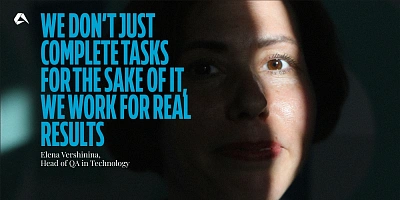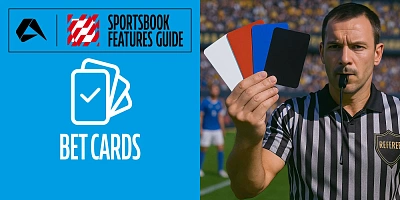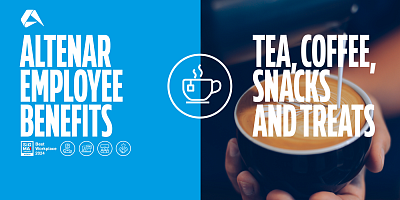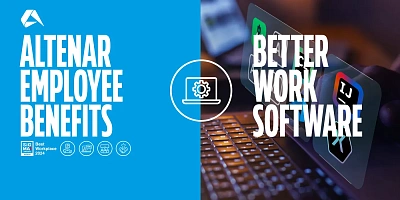An often overlooked side effect of Covid for sports betting, particularly outside of the most mature markets, is the impact stadium restrictions have on the provision of fast data, which can make it difficult for sportsbook operators to offer low latency in-play betting.
“For us to operate live betting, we need real time coverage of what’s happening in every stadium or sports venue around the world,” explained Dinos Stranomitis, Director and COO for sportsbook software provider Altenar.
“A good user experience is to have a maximum of five or six seconds of delay fr om the moment you place the bet until the bet is accepted. So we need to make sure that in this time frame, we have a complete understanding of what’s happening live.”
For those not familiar with the concept, data scouts enter the stadiums to collect live data, which is then distributed by data providers to drive prices for in-play betting markets.
Stranomitis said this process was running quite smoothly before Covid, both in terms of the official and unofficial collection of data, but admitted that restrictions have caused a problem, particularly in places wh ere there is no official data rights structure.
He added: “We started receiving some complaints from our risk management team, who noticed strange or suspicious betting activity around late bets. Those placed just before something happened – like a goal in football or a break of serve in tennis.
“What’s happening is no scouts can enter the stadium. So if you can’t get this data from the stadium, you need to get hold of it elsewhere.
“It’s likely then that it must be taken from TV or copied in some other way. But you can’t be sure of the exact delay on the data, and the subsequent size of the window for late bets.”
Expanding on the impact of Covid restrictions, he continued: “You cannot just show up in many places across Latin America and say I want to watch the game. You must have a reason to be there.
“And often there is no official provider with accreditation to enter the stadium. But remember data collected from TV might already have a six, seven or eight second satellite delay.
“We understand that punters will be frustrated by a 10 or 12 second wait, but we have no option but to enforce a longer countdown for processing a bet. This is a side effect of Covid.”
Stranomitis said that while stadia will be full again in the future, at the moment there’s no clear timeframe and there will likely be greater restrictions on the people who attend, further hampering data collection.
He added: “We know that the players want bet settlement to be faster, with as little market downtime as possible, but we also need to protect our customers from those who might exploit the gap between what they know to be happening live and when it’s reflected in the live odds.”
